Are They Really Apples and Oranges?: The Difference Between a Hollywood Script and an Independent One
It's pretty simple, actually: budget. Other than that, there's no difference, really.
Yes, a Hollywood film may have big sets, stunning CGI, precision-executed special effects, massive explosions (thank you, Michael Bay; may I have another), ticket-selling actors, and crazy camera shots that look like money (and they are), but that's not story. That's what's on the screen as dictated by what's in the writing, sometimes.
"But independent films are stylistic, experimentalist, and look different." Once again, not story. Well, at least not wholly story.
So, what is an independent film? A true indie is one that you can feasibly shoot without the backing of a major studio or distributor. Typically, this means you're aiming for a script that can be shot for five million or less.
"Well, indies use a different formula from the studios and are about specific issues that challenge your thinking and beliefs." Some indies may be that, but so are Hollywood films, Just Mercy, The Hate U Give, The Shawshank Redemption, Erin Brockovich, and Philadelphia, to name a few.
The inverse can be said of indies. They can be just as "formulaic" as a Hollywood script. They can use the same story ideas, mechanics, styles, and genre norms. Juno, Paranormal Activity, My Big Fat Greek Wedding, any SyFy channel movies, and of course, Hallmark films. "Hold up. Did you just include SyFy and Hallmark films as indies?" You bet your ass I did. Some of them come in as micro budgets, which clearly puts them in the realm of independent films.
Experimental, stylistic, Hollywood structure, genre film, low-concept, or high-concept doesn't matter. It always comes down to the price tag.
Take, for example, Ten Inch Hero. Yes, it has some style that you would equate to the stereotypical view of what makes an indie an indie. However, the story is an ensemble rom-com akin to Love Actually, and it was filmed for less than five million dollars.
Same can be said of my favorite film, High Fidelity. It's a rom-com through and through. While it doesn't fit into my dollar amount definition of an indie, having a thirty-million-dollar budget, the story was tight enough that it could have been filmed for a smaller budget with some tweaks.
There is no box for the types of stories you can tell in either a Hollywood script or an independent one. It just comes down to money.
Still not convinced? Let's take a look at the most notoriously expensive genre, sci-fi. The 2018 movie Prospect is a cross between sci-fi and western. Yet, it was made by an indie production company for four million dollars. They made this story possible because they worked within the limitations of their capabilities. That is all it is.
In fact, if you really want to impress a producer, write a film that can be shot for under a million dollars. If you want to blow them away, aim for a script that can be done for under $500,000. Hell, why not ditch the big wig producer? Write a great script that will cost less than $25 grand, find a group of eager filmmakers, and shoot it yourselves. With hard work, raising that type of money on your own is feasible.
Look at one of the most revered indies of the early 90s, Clerks. The film that launched Kevin Smith's prolific, beautiful, and inspiring career cost $27,575, according to his View Askew Productions website.
While having many of the hallmarks of an indie film, the story did use many Hollywood feature norms. The movie is rooted in the buddy comedy genre between Dante and Randall and has clear character arcs using story structure beats.
Sure, Kevin Smith could have written a bigger film with the same-ish story with multiple locations, big productions, and a larger cast. But he knew if he wanted to make it, he needed to write a script that could feasibly be shot with whatever cash or credit he could scrape up, including selling a portion of his cherished comic book collection. He kept things simple, shot it with friends, and catapulted his career and his friends.
The only limit to your ability to tell any story, regardless of style, structure, subject matter, or genre, is your imagination, ability to work within limitations, and problem-solving capabilities.
Tell whatever story calls to you.

